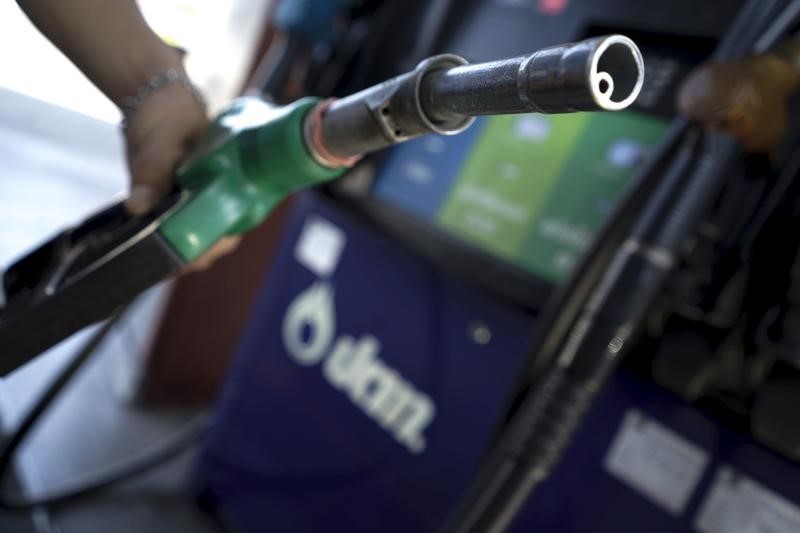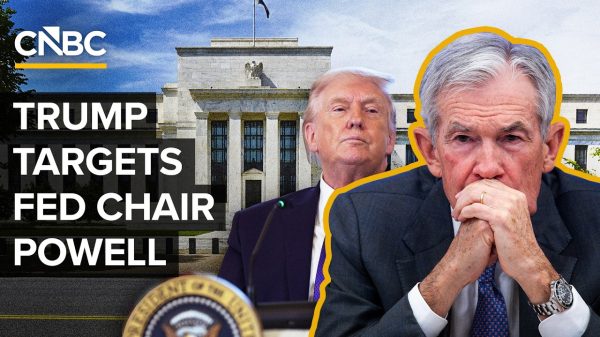Investing.com — Oil prices inched higher Monday, responding to the more positive tone in negotiations between the White House and its Republican rivals in Congress to raise the U.S. debt ceiling before a June 1 deadline for default.
Higher demand and prices for gasoline also drove sentiment in energy trading ahead of the upcoming May 29 Memorial Day holiday, which unofficially flags off U.S. summer road travel.
New York-traded West Texas Intermediate, or , crude settled up 44 cents, or 0.6%, at $71.99 per barrel. WTI rose 2% last week after falling 15% over four prior weeks.
London-traded crude, the global benchmark for oil, settled up 41 cents, or 0.5%, at $75.99. Brent also rose 2% last week after four previous weeks of losses totaling 14%.
Crude prices advanced as House Speaker Kevin McCarthy, who leads Republicans in Congress against the Democrats aligned to Biden, expressed hope of the two sides moving to the center from their entrenched positions on what it would take to raise the $31.4 trillion debt ceiling.
“Our teams are talking today and we’re setting (sic) to have a meeting tomorrow,” McCarthy said in comments carried by Reuters.
“That’s better than it was earlier. So, yes,” he said in response to whether the talks were getting more positive.
Biden, who returned to the White House late on Sunday evening after his trip to Japan, also said his inflight call with McCarthy sounded positive. “It went well,” the president said. “We’ll talk tomorrow.”
A source familiar with the negotiations said Republicans had proposed an increase in defense spending, while cutting overall spending. Congressional Republicans voted to raise the debt ceiling three times, with no budget cut pre-conditions, when former President Donald Trump was in the White House.
The Congressional Budget Office has warned that the United States faces a “significant risk” of defaulting on its debt within the first two weeks of June if lawmakers fail to increase the debt the country is legally allowed. The International Monetary Fund has warned that a default would have “very serious repercussions” for the U.S. economy as well as the global economy, including likely higher interest rates.
The front month U.S. futures contract in gasoline, , meanwhile, jumped almost 3% on the day and 4% over the July contract, which is poised to become the market’s next benchmark. June gas settled at $2.6489 per gallon on Monday over July’s $2.5389.
“It’s the talk in the market today as people expect the sort of gasoline demand we typically see in the run-up to summer,” said John Kilduff, partner at New York energy hedge fund Again Capital.
The U.S. Energy Information Administration, or EIA, reported a draw of 1.381 million barrels for the week ended May 12, versus forecasts for a drop of 1.06M barrels. In the previous week to May 5, there was a draw of 3.168M barrels. Automotive fuel gasoline is the No. 1 U.S. fuel product.
Gasoline at U.S. pumps itself averages $3.54 a gallon, up five cents from the prior week, the American Automobile Association, or AAA, said.
The AAA and S&P Global Market Intelligence have forecast that there will be 42.3M travelers for the 2023 Memorial Day holiday travel period. The 7% year-over-year increase will result in 2.7M more travelers than the 39.6M in 2022.
Read the full article here











